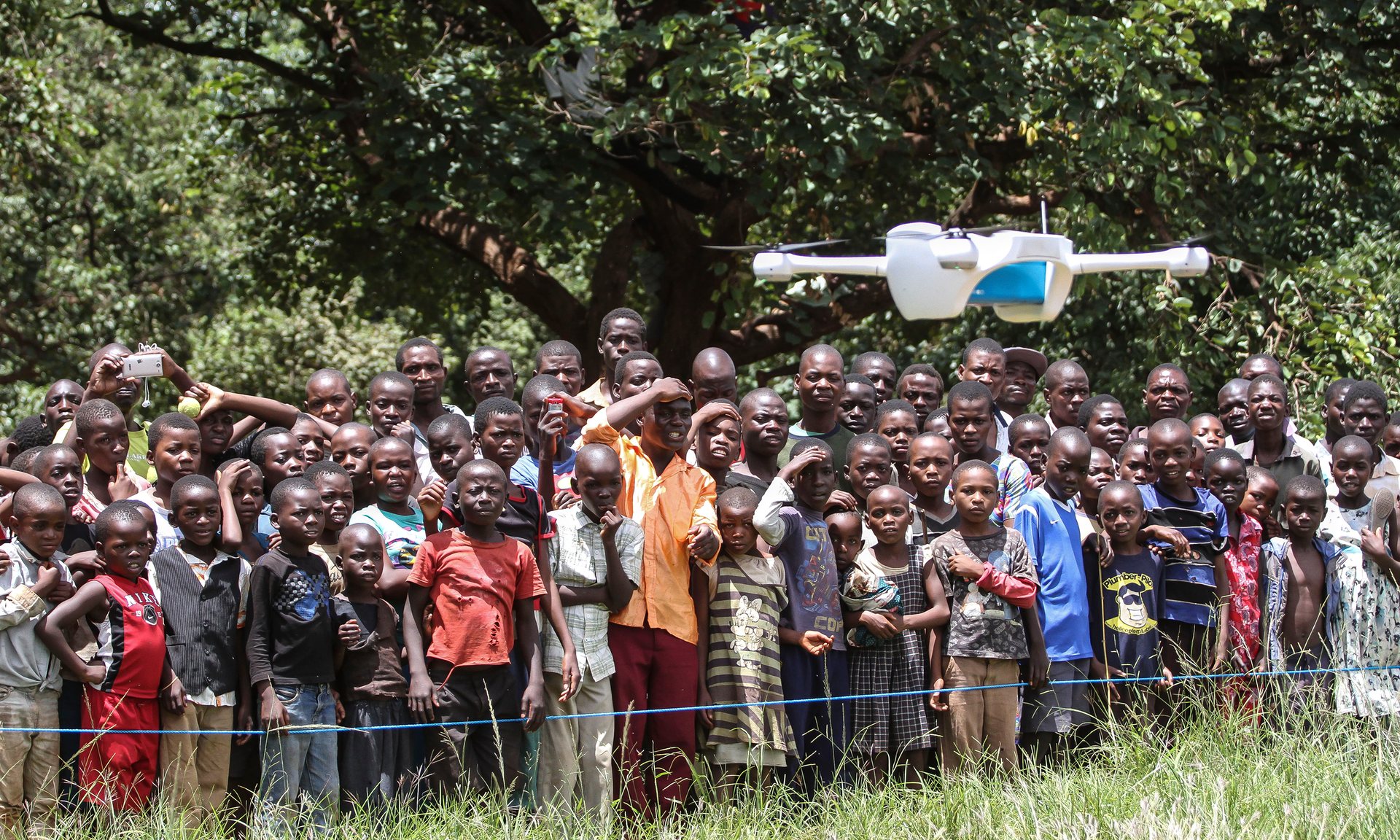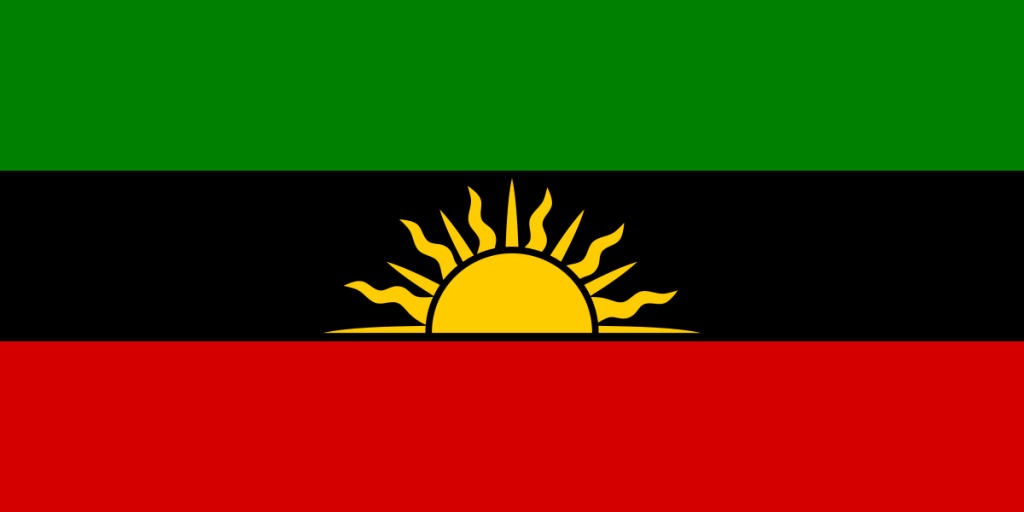World Vision Malawi presented sheets for temporary shelters and chlorine for treating water to people in eight villages whose homes were washed away by flood in Chikwawa districts.The floods demolished

Photograph: Bodole/Unicef
homes and household items, as well as washed away crops and livestock. Roads and bridges have been destroye and people’s access to clean, safe water has been affected.
Evacuation centres have been set up at several primary schools, but even these relatively safe places have limited security, inadequate sanitary facilities and poor access to food and water.
World Vision has on-going programmes in many of the flood-hit areas and is working to support children and their families who have been impacted.
On Monday, World Vision led by Country Director, HezelNyathi visited one of the sites where thousands of people have been displaced due to floods.
Nyathi said:”As World Vision we are first responders after hearing of these floods in Chikwawa. We are shocked to see thousands of people displaced and without food,” she said.
She said that so far they have distributed seven tins of Chroline which will be used for water purification, tents and will soon be providing other items like food, as well as setting up safe spaces for children to spend time, while they’re away from home and school.
With predictions of more coming typhoons in Chikwawa, Nyathi said World Vision is concerned about the damaged crops, livestock and livelihood caused by the flooding.
Group Village Headman Chikuse said the flooding began on the evening of January 25 , after five days of heavy rain in the area has resulted in dangerously high river and dam levels. An incident in Shire River resulted in flash flooding.
An estimated 5000 people have been affected in 6 villages and were displaced.
He said the homes have been inundated with water; school closed, and some maize fields destroyed.
“Families are travelling by boat, instead of road. This has long-term social-economic impacts as it disrupts the livelihoods and well-being of the local communities,” he said.
Emergency shelters are currently overcrowded and space management will be essential to allow the set-up of key infrastructure. Measures are being taken to prevent disease outbreaks.
World Vision continues to work with the Government and other development partners like Red Cross to provide essential support and services to the affected population.

